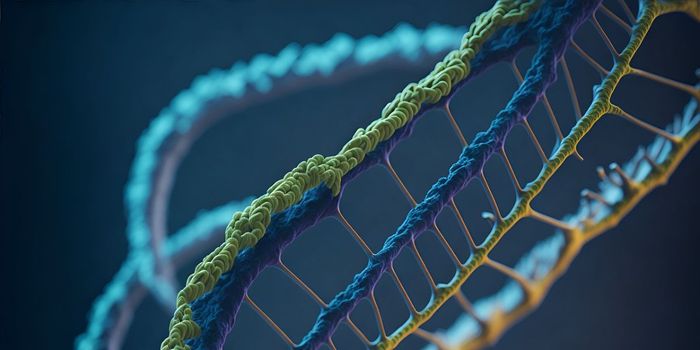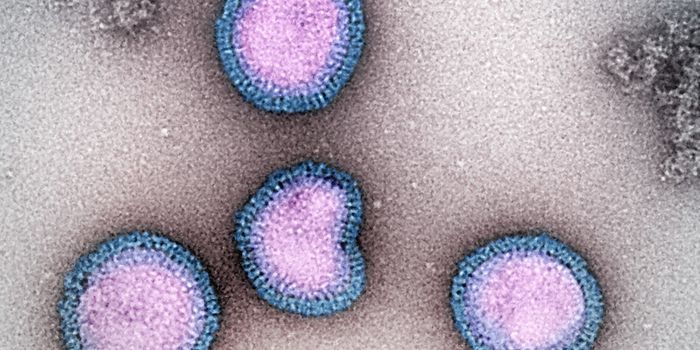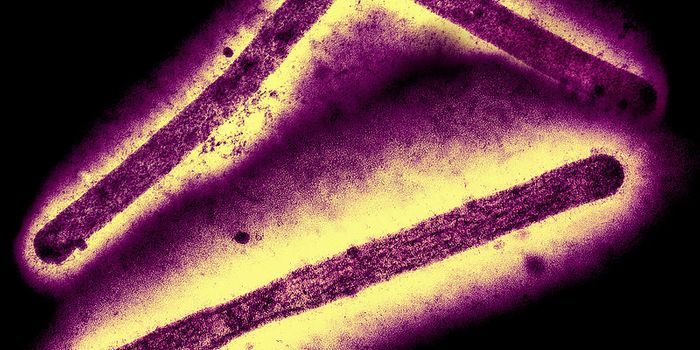Many New Depression Genes are ID'd in Huge Study of Human Genomes
A new, massive study has investigated the genetic basis of depression by analyzing genome sequencing data from 21 groups of human study participants, which included 88,316 confirmed cases of major depression and 902,757 unaffected individuals. Data from diverse ancestries was used in this analysis, and African, East Asian, South Asian, and Latin American volunteers were a major part of this study. It revealed 53 new genetic loci associated with depression. By also analyzing gene expression, the study has identified 205 novel genes that have a significant connection to depression. The findings have been reported in Nature Genetics.
This work, which suggested that 43 of the genes have a link to depression that is 'high confidence,' also found that some existing drugs might be repurposed to treat depression. Some genes that were confirmed to have a link to depression in this study include NEGR1, DRD2, CELF4, LRFN5, TMEM161B and TMEM106B.
The research also showed that genes that express cadherins and protocadherins are connected to depression. Cadherins are proteins that extend through the membrane of cells, and are related to the adhesion of cells in tissue. Cadherins have previously been linked to disorders involving the brain, such as late-onset Alzheimer’s disease, a disorder that can include symptoms of depression and anxiety. The study indicated that cadherins are related to depression, as other studies have suggested.
The research also showed that another genetic link to depression can be found in NDUFAF3, which encodes for mitochondrial complex I assembly protein. This protein is the target of a drug called metformin, which is often used to treat type 2 diabetes. The study noted that previous findings from model organisms has determined that metformin could be associated with a reduction in depression and anxiety. Data from the UK Biobank has also revealed associations between NDUFAF3 and mood instability. Energy dysregulation may, therefore, be related to mood instability.
This research has emphasized the importance of including data from multiple ancestries when studying the genetic basis of various traits or disorders.
"Here we show beyond doubt that our understanding of such complex diseases as depression will remain incomplete until we overcome the eurocentric bias in genetics research and look for causes in diverse people across the world," noted corresponding study author and Professor Karoline Kuchenbaecker of the University College London Genetics Institute.
"This is a first-stage discovery effort, so more work will be needed to confirm these new targets, but finding them in the first place has been a huge and vital challenge, especially for a disorder where new medications are so urgently needed," Kuchenbaecker added.
Sources: University College London, Nature Genetics









